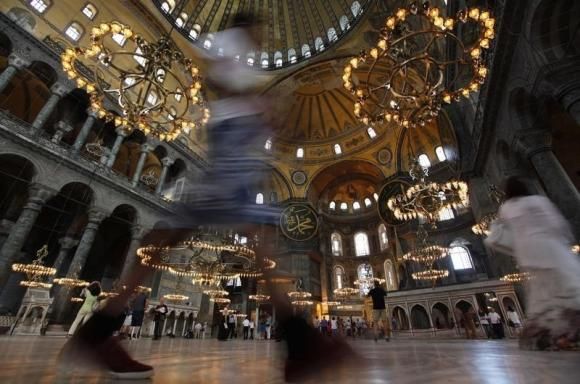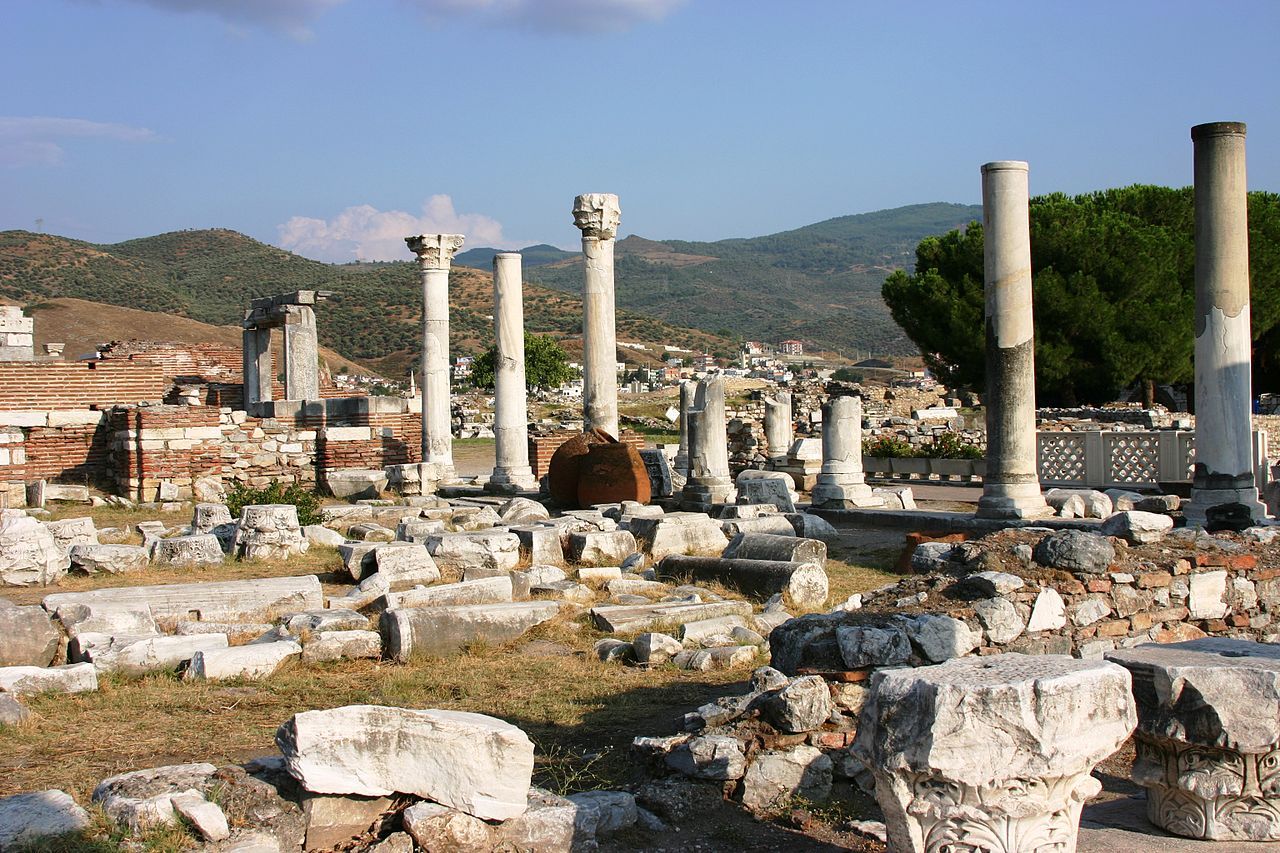First Church To Be Built In Turkey In Nearly A Century
For the first time in nearly a century, the Turkish government has approved the construction of a church, Agence France-Presse reports. The decision comes more than a month after Pope Francis visited Turkey, where he discussed the Islamic State group and its persecution of Christians and other religious minorities.
The church will be built in Yesilkoy, a suburb of Istanbul, and will belong to the Syriac Orthodox Church, a Christian denomination with about 25,000 followers in Turkey. The area already houses Greek Orthodox, Armenian and Catholic churches, all of which were built before the end of the Ottoman Empire in 1923.
“It is the first since the creation of the republic,” a government source told AFP Saturday. Churches have been renovated and reopened, but none have been built from scratch. Many existing churches have been converted into mosques.
Plans to build the $1.5 million church, to be called the Virgin Mary Syriac Church, were made during a luncheon between Prime Minister Ahmet Davutoglu and minority leaders on Friday at Dolmabahce Palace in Istanbul, Daily Sabah reports. The Istanbul Metropolitan Municipality has allocated land on a Catholic cemetery for the church’s construction. It will have three subterranean floors, two of which will be for parking. Three floors will be located above ground.
Turkey, which became a constitutionally secular republic in 1923, is a predominantly Muslim country. Its president, Recep Tayyip Erdogan, was initially seen as an Islamic leader with democratic ideals who was making strides to join the European Union when he was elected in 2003. Now, he is being criticized for introducing religion into the public realm: He has moved to restrict alcohol sales and rescinded a ban on head scarves in public institutions, the New York Times reports. In public schools, Ottoman Turkish language classes are mandatory. Classes known as “religious values” are also taught.
Meanwhile, religious minorities say they face discrimination. Their officials are banned from teaching at minority schools. Others have complained they face passport problems and their travel documents are valid for just six months.
Still, freedom of religion remains on the books. Greek Orthodox Christians, Armenian Apostolic Christians and Jews remain the three largest religious denominations in Turkey after its 99.8 percent Sunni Muslim population.
"There is no problem in terms of practicing their religion, but there is historical baggage by which some religious activity is perceived to be suspicious," Ilter Turan, emeritus professor of international relations at Bilgi University in Istanbul, told the BBC referring to religious minorities. “It's only recently that the native Christian populations have begun once again to aspire to holding public office. At the late stages of the Ottoman Empire, that was normal and that only began to change after the First World War. So it seems that we are back to a period of restoration."


© Copyright IBTimes 2025. All rights reserved.






















